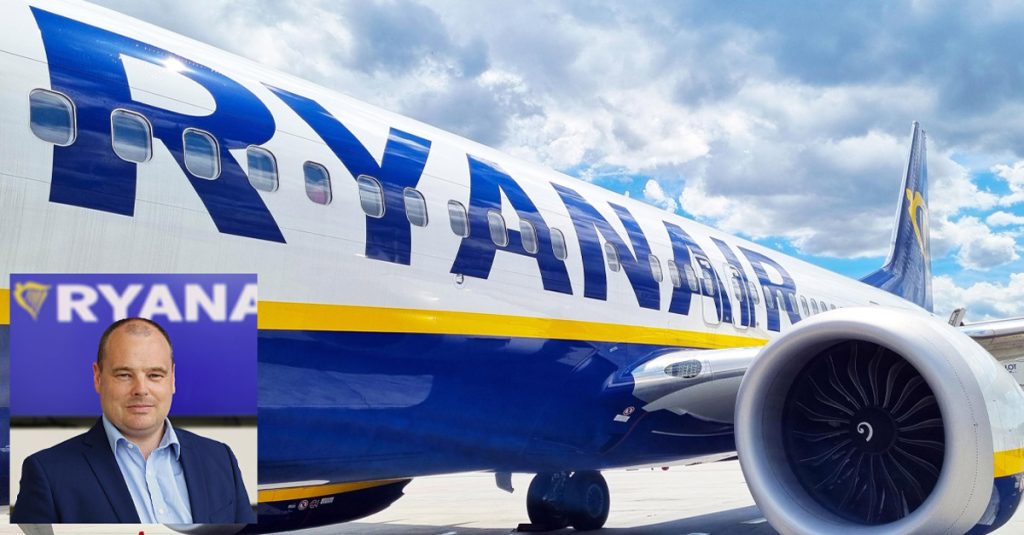The COVID-19 pandemic forced many companies to re-evaluate their strategies, and Ryanair was no exception. Faced with unprecedented refund demands, the airline reshaped its relationships with travel agents and online platforms to ensure better cooperation and efficiency.
Ryanair’s approach to refunds and partnerships during COVID-19 resulted in closer ties with the travel trade. This transformation has led to new agreements with multiple online travel agencies (OTAs), enabling broader access to Ryanair’s flight offerings. The carrier’s strategic shift marks a significant development in its business model.
Faced with unprecedented refund demands during the pandemic, Ryanair recognised the urgent need to transform its relationships with travel retailers. Pressure to refund customers highlighted crucial flaws in existing arrangements. Ryanair’s spokesperson acknowledged that the pandemic made the airline aware of problems such as price mark-ups and the lack of direct customer contact, which they had not fully realised before.
Ryanair has negotiated deals with major OTAs including On the Beach, Etraveli, lastminute.com, and Kiwi. The goal is to provide travel agents and operators, as well as OTAs, more direct access to Ryanair flights. Dara Brady, Ryanair’s chief marketing officer, stated this shift as imperative for smaller scale businesses to connect directly with the airline.
According to Ryanair, this initiative, though initially painful, was necessary to streamline operations and ensure transparency. Brady highlighted loveholidays as a trailblazer in restoring and enhancing relations with Ryanair, emphasising fair pricing and direct customer engagement as cornerstones of their new agreements.
This shift is not just about compliance; it reflects Ryanair’s pragmatic approach to securing bookings while maintaining their pricing integrity. By requiring OTAs to present real-time data and customer details, Ryanair is ensuring a more reliable service experience for its clientele.
The potential entry into the package holiday sector marks a possible diversification from Ryanair’s core business model. Despite dismissing the package holiday business previously, this consideration reflects Ryanair’s adaptability and willingness to explore new growth avenues.
Ryanair’s strengthened ties with the travel trade are likely to influence other airlines to reconsider their strategies. Brady noted that Ryanair’s firm stance on transparency and pricing is setting a precedent other carriers may follow.
Travelfusion’s declaration of Ryanair’s fares being available across their networks encapsulates this new era of collaboration. Ryanair’s ability to leverage technology for strategic advantage highlights its commitment to refining the customer journey.
Ryanair’s proactive changes underline the significant impact of the COVID-19 pandemic on the aviation industry. By fostering stronger partnerships with OTAs and enhancing customer engagement, Ryanair is not only addressing present challenges but also setting the stage for future growth and more robust industry standards.

